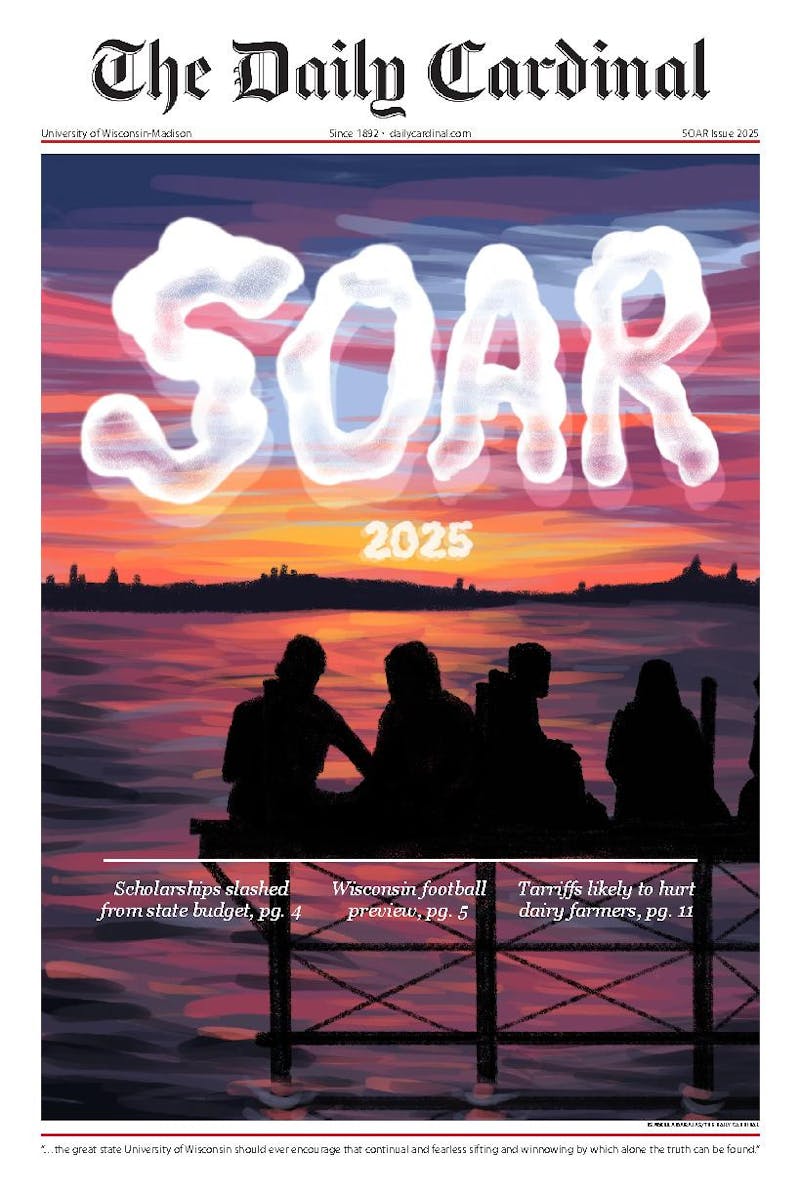The Supreme Court cleared the way for same-sex marriage nationwide Friday, ruling state bans on same-sex marriage unconstitutional.
In a 5-4 opinion written by Justice Anthony Kennedy, the court said states must recognize same-sex marriages from other states. Justices Stephen Breyer, Sonia Sotomayor, Elena Kagan and Ruth Bader Ginsburg joined Kennedy's opinion. Chief Justice John Roberts filed a dissenting opinion, and was joined by fellow Justices Antonin Scalia, Clarence Thomas and Samuel Alito.
"The right to marry is a fundamental right inherent in the liberty of the person," the majority wrote. "Couples of the same-sex may not be deprived of that right and that liberty."
The court noted the First Amendment rights of religious institutions, saying they "are given proper protection as they seek to teach the principles that are so fulfilling and so central to their lives and faiths."
The case, Obergefell v. Hodges, began in 2013 when James Obergefell, the plaintiff, initially filed a lawsuit challenging Ohio's refusal to recognize same-sex marriage on death certificates.
Same-sex marriage has been legal in Wisconsin since last June, when U.S. District Court Judge Barbara Crabb declared Wisconsin's 2006 ban unconstitutional. In October, the Supreme Court declined to review an appeal made by then-Wisconsin Attorney General J.B. Van Hollen, thus allowing same-sex marriages.
“Today we join same sex couples, their families and our allies across the country in celebrating this victory,” said Larry Dupuis, legal director of the American Civil Liberties Union of Wisconsin, in a Friday statement. “Every loving and committed couple in the U.S. can now enjoy the freedom to marry.”
"This is a pretty monumental ruling," said Ryan Owens, a University of Wisconsin law professor who studies the Supreme Court. "A lot of people expected it to be a 5-4 decision with Kennedy writing the opinion, but we were unsure of how far Kennedy would go in the opinion, and he went relatively far with it."
Owens said not much will change in Wisconsin given the previous rulings by federal courts. He also noted the potential problem it poses for the Republican Party.
"There could potentially be a split among moderate Republicans and social conservatives over how to respond to this," he said.
Gov. Scott Walker called the ruling a “grave mistake” in a Friday statement and proposed to implement a constitutional amendment in order to “reaffirm the ability of the states to continue to define marriage.”
He also criticized the Court’s members, saying the country needs “a conservative president who will appoint men and women to the Court who will faithfully interpret the Constitution and the laws of our land without injecting their own political agendas.”
Walker is expected to announce a campaign for president in the next few weeks.
Some adversaries of the ruling plan to continue the debate of same-sex marriage in the coming years.
"Just as Roe v. Wade did not stop the abortion debate, so this decision will not stop the debate on marriage in this state or anywhere else in the country," said Julaine Appling, president of Wisconsin Family Action, in a Friday statement disagreeing with the ruling.






